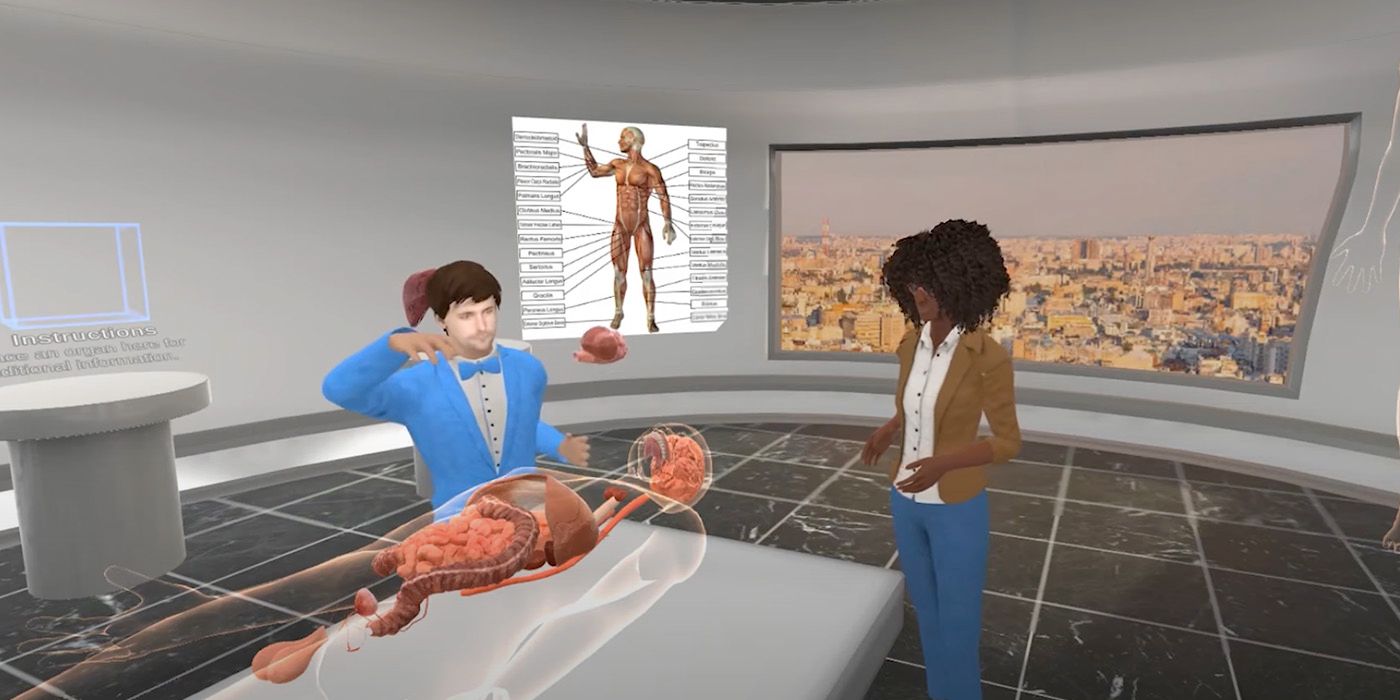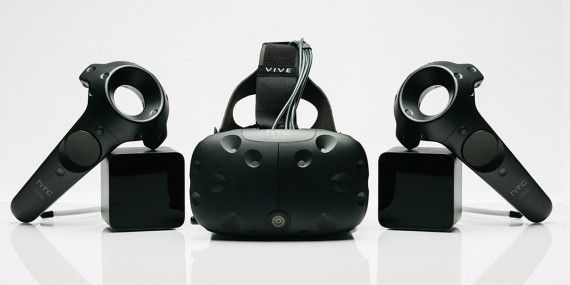VR might be changing how schools and universities conduct classes in the face of the pandemic, and Fisk University, the oldest such institute in Nashville, Tennessee, is now offering the in-class experience through a headset thanks to a partnership with HTC Vive, T-Mobile, and VictoryXR. This news is welcome for students who have had to spend the pandemic learning remotely through applications like Zoom or having heavily restricted classroom experiences.
VR has increasingly been used for training and even virtual events that people would otherwise not be able to attend. The WNBA has dabbled in using Oculus Venues to give women's basketball fans an opportunity to experience live sports from the comfort of their own homes. Educational uses for VR include companies such as ClassVR which offer interactive educational spaces for students. It was only a matter of time before institutions turned to immersive virtual reality as a solution to the lack of classroom interaction faced worldwide.
Fisk University is implementing virtual reality in its courses along with physical teaching by adding a 5G-powered cadaver lab for pre-med and biology students. Professors can highlight internal organs of the human body and even hand them around the class for closer inspection, without the need for awful smells or squeamishness. Dr. Vann Newkirk, President of Fisk University stated “We’re combining the best aspects of virtual and in-person learning, and this is the future of education. Fisk University is emerging as a tech leader among colleges, and our effort to bring a virtual reality cadaver lab to campus exemplifies our commitment to provide students with a state-of-the-art education”.
Better than Zoom?
VR is being explored at Fisk University as an alternative to remote learning, which according to Steve Grubbs, Chief Executive of VictoryXR is "broken" whereas VR is "redefining the classroom" by allowing students to be reunited with teachers. Nigel Newby House HTC's Vice President for Operator Solutions also claimed that the technology giant's advancements have allowed them to power the virtual classroom “in ways we never imagined.”
The question remains, however, whether this will impact the amount students have to pay to study at institutions that employ VR technology. Remote learning is as effective at educating people as face-to-face learning according to a study by The University of Birmingham. The VR solution could very well change how people think of education as an immersive and engaging way to learn, however, calls for lower tuitions fees are growing louder.


